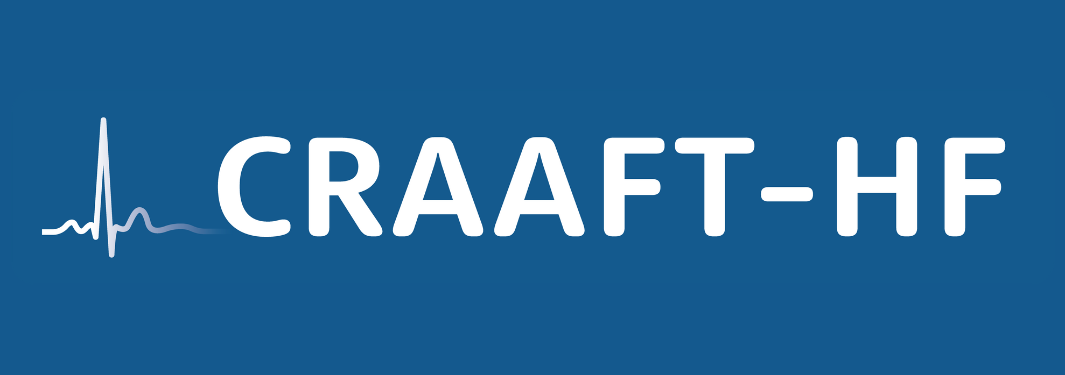CRAAFT-HF
Disease area: Atrial fibrillation in heart failure
Status: Recruiting
Title: Cryoballoon/Radiofrequency/Pulsed Field Ablation of Atrial Fibrillation versus Medical Treatment for Heart Failure
Trial Objectives: (1) To determine if catheter ablation for AF in patients with HFrEF (LVEF<50%) reduces all-cause mortality and cardiovascular hospitalisations. (2) To determine if catheter ablation for AF in patients with HFrEF (LVEF<50%) improves Quality of life.
Chief Investigator: Professor Pier Lambiase (UCL)
Co-Chief Investigator: Professor Mark Petrie (University of Glasgow)
Co-Applicant: Professor Amrita Ahluwalia, (Queen Mary University of London)
Sponsor: University College London
Funder: British Heart Foundation
Trial Management: Barts Cardiovascular Clinical Trials Unit (Barts CVCTU)
Clinicaltrials.gov.no: NCT06505798
IRAS Number: 281142
Sponsor Reference Number: 136905
REC Reference: 24/LO/0301
Sample size: 1200 participants
Enquiries: craaft-hf-cvctu@qmul.ac.uk
Summary: Atrial fibrillation (AF) poses a significant threat, exacerbating the severity of heart failure (HF) and increasing mortality rates. While smaller studies have suggested that restoring sinus rhythm through catheter ablation improves left ventricular function and exercise tolerance in HF patients, the broader impact on mortality and hospitalizations remains uncertain.
This study aims to address this critical gap in knowledge, directly impacting the daily decisions faced by HF clinicians and electrophysiologists. Utilizing either cryo-balloon or radio-frequency ablation PVI techniques, both proven and stable methods, we seek to evaluate the effectiveness of AF ablation in reducing mortality and cardiovascular hospitalizations in a general HF population with reduced ejection fraction (<50%) and paroxysmal or persistent AF.
The investigation draws inspiration from the CASTLE-AF trial, a smaller-scale study that hinted at a mortality benefit but faced limitations in patient selection and applicability to real-world scenarios. Recognizing the need for a more comprehensive analysis, our trial, designed as a randomized, open-label multicentre clinical study, aims to recruit 1200 patients - nearly three times the size of previous inconclusive trials reported in the New England Journal of Medicine.
By leveraging the networks of the British Heart Failure Society and British Heart Rhythm Society, this trial aspires to provide conclusive insights into the potential of catheter ablation combined with medical therapy compared to medical therapy alone. The goal is not just to bridge existing knowledge gaps but to significantly influence clinical practice and, ultimately, enhance the quality of life for patients dealing with HF and AF.
